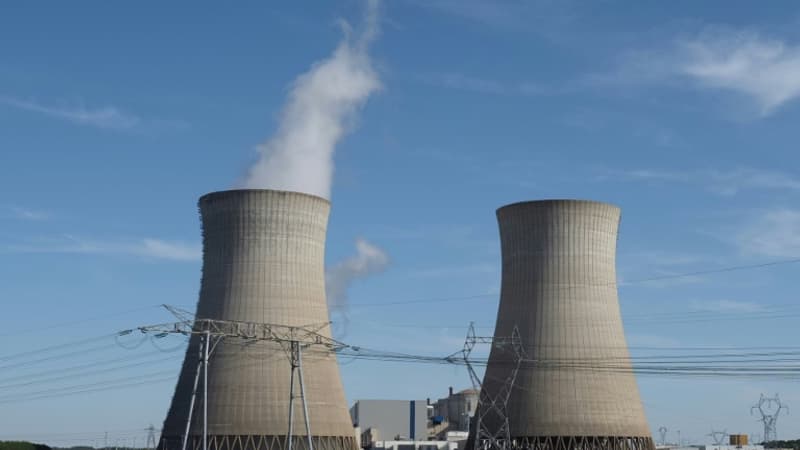With the return of cold weather in much of the country this week and temperatures below seasonal norms, things are looking bad: EDF is behind schedule for the return to service of the nuclear fleet.
The latest energy scoreboard composed of BFM business This indicates that the national energy company restarted 2 reactors only last week. The Cattenom and Flamanville reactors did not restart on Friday as planned, while those at Gravelines and Saint-Alban were delayed by a week. Of the 56 reactors in the fleet, 20 remain closed.
The RTE network manager estimates that EDF will not be able to restart the ten reactors scheduled for December, but 5 or 6. The month of January will continue to be tense, with fifteen reactors still stopped.
EDF is struggling with stress corrosion problems, which affect the reactors and require repair work. Fifteen facilities are or have been affected, more than a quarter of the fleet.
Demand remains the main driver
In this context, RTE estimated in mid-November that the risk of outages linked to the unavailability of the nuclear park was limited, leaving the problem of corrosion “now limited to certain types of reactors (the most recent)”. “Uncertainty is therefore now related to the effective rate of return to service of the reactors,” according to the manager, who tabulates between 0 and 28 activations of the Ecowatt system according to the scenarios.
In the short term, although temperatures will be slightly below seasonal norms, between 1 and 2 degrees this week, the risk of outages is low, RTE maintains, despite the expected increase in consumption linked to heating. Demand, and therefore individual consumption, continues to be the main lever for decongesting the network and avoiding cuts.
Gas reserves full, dams on the rise
On other energy fronts, the situation is improving. The dams show a return to normality compared to recent years, with a two-thirds filling progressing regularly each week.
On the gas side, stocks fell somewhat, going from 99% to 97% of the maximum national reserves: they fell for the first time, symbolically marking the transition to the winter season and the massive use of heating. LNG (liquefied natural gas) deliveries are already scheduled to support demand.
Source: BFM TV


